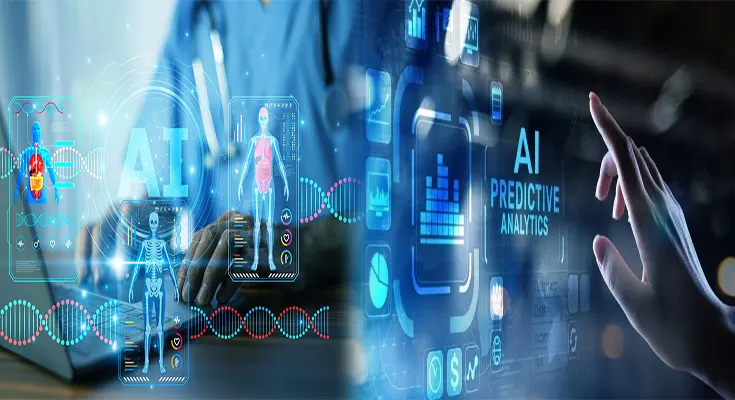
How the Use of AI Will Help Organizations Understand and Trust Their Data ?
Every organization creates, sends out, and receives large amounts of data each day. Trying to understand and process this data can be overwhelming, especially if the organization is a large one. This is where AI comes in. With it, large amounts of data can be understood, trusted, and used to improve an organization. How is this possible? This article is here to explain.
The Challenge of Understanding Data
Why do some organizations struggle to understand their data? There are a variety of reasons. It can be because of the sheer volume of the data. The data can also be in a form that cannot be understood without prior conversion. Lack of important context surrounding the data can also make it difficult to understand.
The Challenge of Trusting Data
Acquiring trustworthy data can also be challenging. This is because getting high-quality data is not always easy. Human error and bias can …
How the Use of AI Will Help Organizations Understand and Trust Their Data ? Read More




